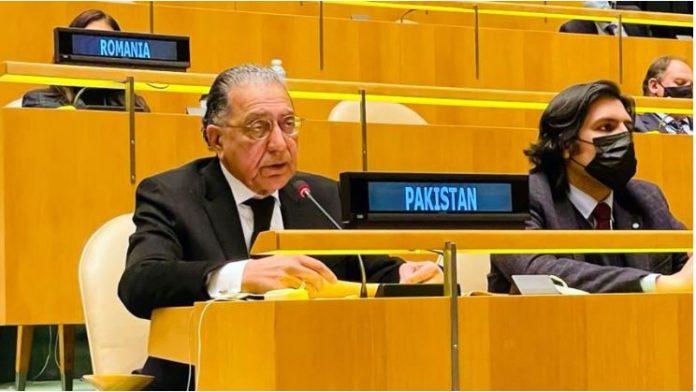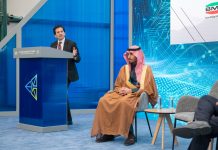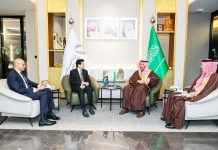NEW YORK, July 14 (TNS): Pakistan’s Permanent Representative to the United Nations Ambassador Munir Akram on Wednesday said securing a resolution for the festering Kashmir dispute was important in view of the massive suffering faced by the Kashmiris and as a threat to regional and international peace and security.
In a statement on the commemoration of Kashmir Martyrs’ Day, Munir Akram said India’s occupation forces had martyred over 100,000 Kashmiris since 1985 with the initiation of their struggle to secure the legitimate right to self-determination as promised to them by the resolutions of the Security Council.
“This Day is commemorated each year by Kashmiri people and people of Pakistan all over the world to honour the 22 Kashmiris who were martyred by the Maharaja’s Dogra Forces within the premises of Srinagar Central Jail on 13 July,” he said.
Ninety-one years on, he said, the brutal oppression of the Kashmiri people continued to this day.
Munir Akram said that India had further intensified its campaign of oppression since its unilateral and illegal actions of 5 August 2019.
He mentioned that hundreds of Kashmiris had been killed in fake encounters, thousands of Kashmiri youth detained and many disappeared or extra-judicially killed in custody.
He pointed out that Kashmiri leaders remain incarcerated while fundamental human rights including the rights to assembly and free expression were also curbed.
“Kashmir has been turned into the largest open air prison,” he said.
He reaffirmed the full solidarity of the government of Pakistan with the people of Jammu and Kashmir in their just struggle for freedom through the realization of their inalienable right to self-determination in accordance with the UN Charter and Security Council resolutions.
“The day is not far when the brutal Indian occupation will end and the sacrifices of the martyrs will usher in the dawn of freedom for Kashmiri people,” he said.















